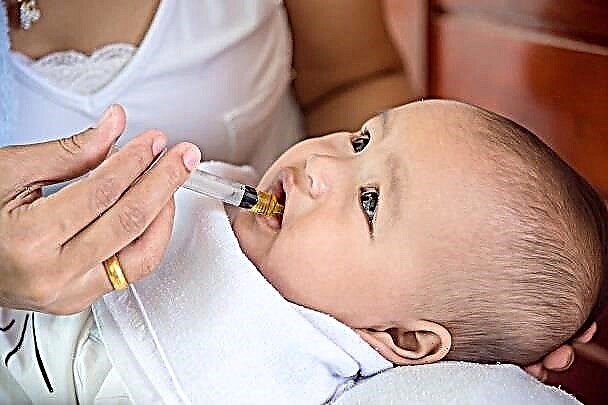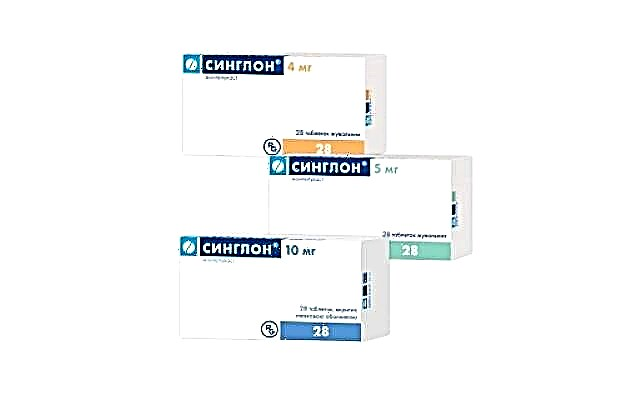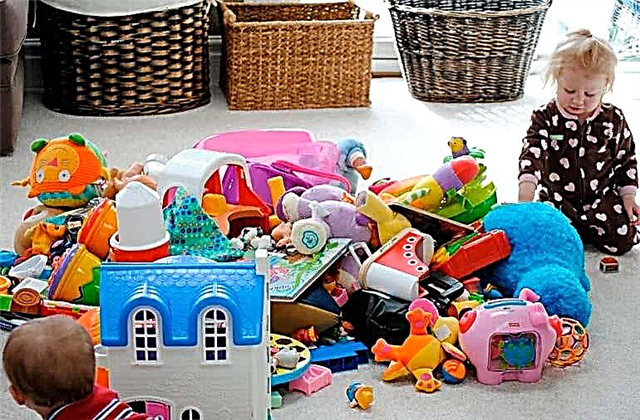
Changes in the child's tests can cause anxiety in the parents, even if the baby donated blood or urine on a planned basis. And any deviations are especially alarming if the child feels bad. Is it dangerous if a lot of oxalates are found in children's urine and is there any need to worry about such an indicator?
What is it?
The name "oxalates" is associated with the chemical structure of salts found in human urine. This is the name of the salts based on oxalic acid. These salts are found in the urine of children more often than other types of salts.

Norm
Such salts are determined when a general clinical urine test is taken. In most cases, salts in the child's urine should not be detected, however, a mark in the analysis "+" or "++" is also considered a variant of the norm.
But even the appearance of more oxalates does not always indicate disease. Often it is caused by changes in nutrition, so when the diet is normalized, the indicator also returns to normal. If you retake the analysis after a while, there will be less salts in it.
The constant excretion of oxalates in the urine should be alerted - this condition is called oxaluria. It is most common in children between the ages of 6 and 14.
In a nursing child
In infants, the appearance of oxalates in urine analysis is most often due to the nutrition of a nursing mother, but this may also be a sign of metabolic disorders. In addition, an excess of such salts in the urine can signal congenital kidney disease.

Symptoms
In many cases, the excretion of oxalates in the urine is not manifested in any way and salts are detected only during analysis.
Also, with oxaluria, the following symptoms may occur:
- Frequent urination, but the daily volume of urine is reduced.
- Urine changes its appearance - it acquires a brighter color and its concentration increases. Also, the urine may smell bad.
- Painful sensations may periodically appear in the lumbar region and in the abdomen.
- Blood pressure decreases, the general tone decreases, the child gets tired faster.
Causes
Large amounts of oxalates can appear in urine when:
- Eating foods with an excess of oxalic acid, such as beets, spinach, tea, gooseberries, rhubarb.
- Eating foods high in vitamin C.
- Congenital metabolic disorders in which oxalic acid is involved.
- Inflammatory diseases of the kidneys or intestines.
- Diabetes mellitus.
- Kidney stones.
- Various chronic pathologies.
- Insufficient ingestion of B vitamins into the child's body.
- Dehydration, which can lead to a prolonged stay in hot conditions, and intestinal infections, and fever with excessive sweating, and an insufficient drinking regime for the baby.

What to do with an elevated oxalate level?
If the detection of a high concentration of oxalates was only once, nothing needs to be done, only after a while the analysis should be repeated. And only when an excess of salts in the urine is detected, therapeutic measures should be taken again. In cases where parents are aware of the cause of this condition (dehydration, hypovitaminosis, poor diet), the factors that caused oxaluria should be influenced.
Diet
It is important to enrich your child's nutrition with food from which he will receive enough B vitamins and magnesium, as well as antioxidants.
You should add to the baby's menu:
- Potatoes;
- Grapes;
- Banana;
- Cucumber;
- Pumpkin;
- White bread;
- Peas;
- Cabbage;
- Prunes and dried apricots;
- Pear;
- Apricot;
- Vegetable oil;
- Meat;
- Dairy;
- Cheese;
- Various cereals.
It is recommended to periodically arrange a potato and cabbage day, as these products accelerate the excretion of salts in the urine. Meat and dairy dishes should be eaten before lunch.

It is recommended to exclude from the child's diet:
- Spinach;
- Beets;
- Cocoa;
- Parsley;
- Leek;
- Sorrel;
- Rutabaga;
- Rhubarb;
- Citrus;
- Chocolate;
- Gooseberries and strawberries;
- Plums;
- Almond;
- Green beans;
- Vitamin complexes with ascorbic acid.

If you find an excess of oxalates, you should also reduce your intake of the following foods:
- Sour apples;
- Tomatoes;
- Beef;
- Radish;
- Cod;
- Liver;
- Currant;
- Hen;
- Bow;
- Carrot;
- Cranberry.
If the baby is breastfeeding, all these restrictions and recommendations should be taken into account by the nursing mother. The diet should be followed for at least 2-3 weeks.

Drinking regime
The amount of water that the child drinks should be increased. The minimum recommended volume is 1500 ml of water per day.
Thanks to drinking plenty of water, salts will dissolve better and be excreted in greater quantities from the body. The child can be given not only water, but also fresh juices, as well as fruit drinks. But with mineral water you need to be careful, as it may contain salts that will worsen the baby's condition. Before drinking mineral water and any herbal decoctions, you should consult your pediatrician.
Do I need medical treatment?
The doctor may prescribe vitamin complexes to the child, which contain vitamin E, B-group vitamins, vitamin A, as well as preparations with magnesium and potassium. Severe cases of oxaluria are treated with special medications prescribed by a nephrologist. Also, medications are prescribed for children whose condition has not improved after following a diet.
To protect the mucous membranes, membrane stabilizers and antioxidant drugs are included in the treatment regimen. If a bacterial infection is detected, antibacterial agents are shown to the child.

Possible complications
The constant excessive excretion of oxalates in the urine can provoke renal pathologies such as pyelonephritis, urolithiasis and, in severe cases, renal failure. In the child's body, metabolic processes are disturbed, and due to the crystallization of salts, stones gradually appear in the urinary system. They threaten to block the urinary tract, and if the stones are sharp, then there is also a risk of tissue rupture.
Prevention
To prevent excess oxalate build-up caused by malnutrition, it is important to maintain a regular and balanced diet that contains all the nutrients that your baby needs to stay healthy. It is also recommended to provide the child with good sleep and moderate physical activity, and the baby should be protected from stress.
Tips for parents
Don't panic if a child's urine test shows a large amount of oxalate. The first thing to do is to make sure that you collect the urine correctly for analysis and take the sample to the laboratory on time. If oxaluria is still confirmed, there is no need to worry either. Most often, after the diet prescribed by the doctor, everything is working out.

You should not start treating the child on your own as soon as you see changes in the tests. You run the risk of delaying the baby's recovery and provoking complications. See a doctor you trust.



